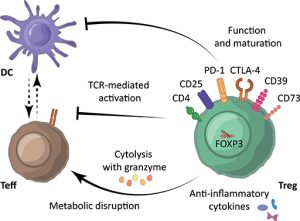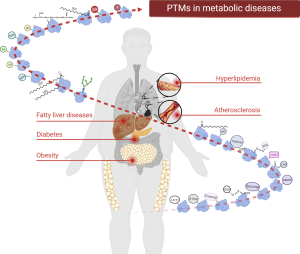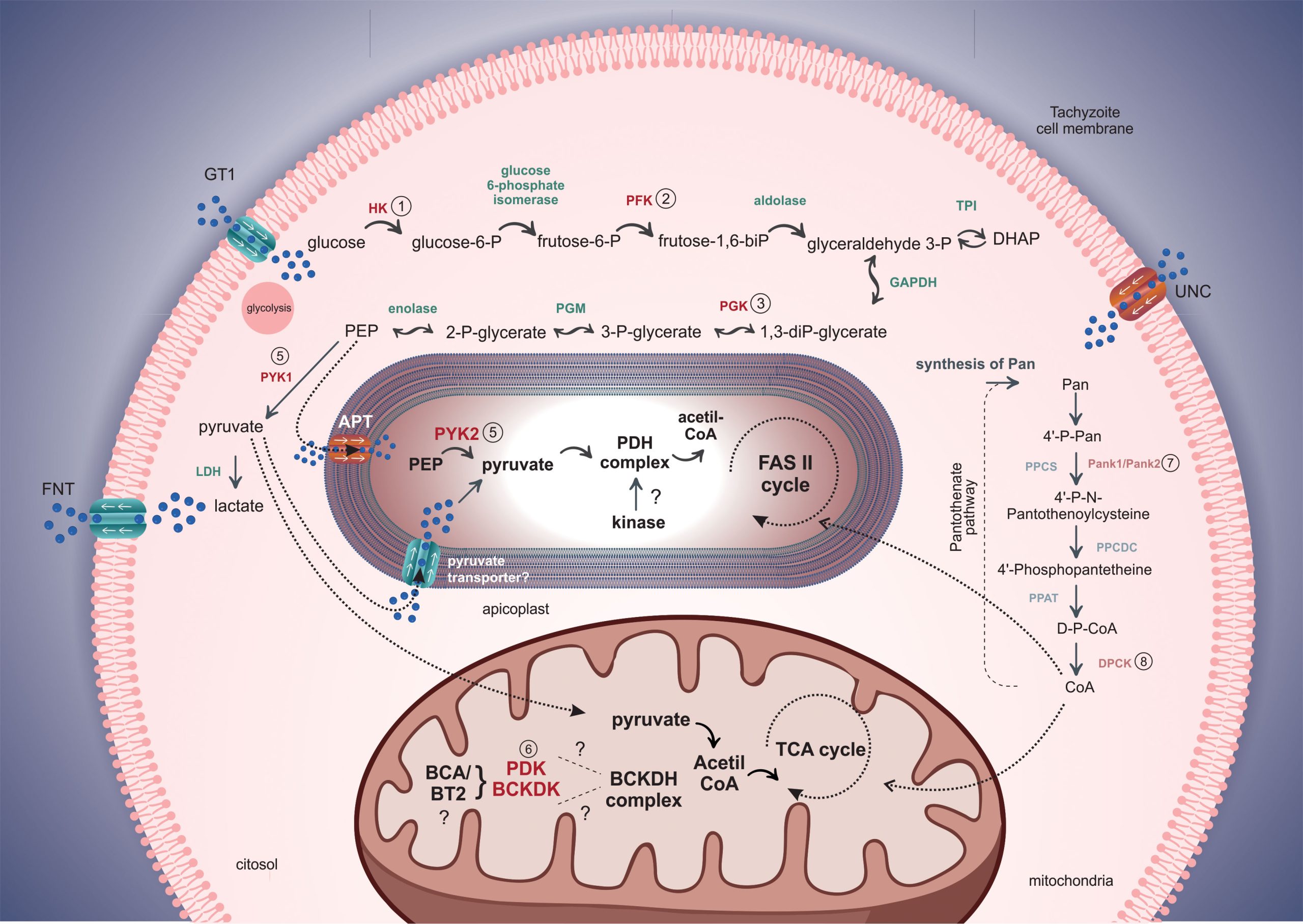Introduction
Parasites, cunning masters of survival, have evolved an intricate ability to influence the metabolic pathways of their hosts. This symbiotic or, more often, parasitic relationship between these organisms significantly impacts the host’s metabolism, altering its biochemistry and physiology. The manipulation of host metabolic pathways is a key strategy employed by parasites to ensure their survival and reproduction, often at the expense of the host’s well-being.
Masters of Metabolic Manipulation
At the heart of this relationship lies the parasitic strategy to exploit the host’s resources for their benefit. Parasites have developed an arsenal of mechanisms to hijack the host’s metabolic machinery. For instance, certain parasites alter the host’s nutrient uptake or metabolism to favor their own survival. The manipulation of host hormones, enzymes, or signaling pathways allows parasites to redirect essential resources, such as glucose, amino acids, and lipids, towards their own growth and reproduction.
Metabolic Reprogramming for Survival
One of the remarkable tactics employed by parasites involves metabolic reprogramming within the host. Some parasites induce changes in the host’s metabolic pathways, leading to alterations in energy production, nutrient utilization, or immune responses. For instance, Toxoplasma gondii, a notorious intracellular parasite, can modulate host cell metabolism, enhancing glycolysis while dampening oxidative phosphorylation. This shift provides a favorable environment for its replication while subverting host defenses.

Manipulation of Host Immune Responses
Parasites often orchestrate metabolic alterations to evade host immune surveillance. By influencing specific metabolic pathways, they can create an immune-tolerant niche, thus ensuring their persistence within the host. Certain parasites induce the production of regulatory immune cells or manipulate cytokine responses by altering host metabolic profiles. This immunomodulation helps parasites avoid clearance and establish chronic infections.
Impact on Host Health
While parasites thrive through metabolic manipulation, the host often bears the brunt of this manipulation. Chronic infections can lead to metabolic disturbances in the host, causing malnutrition, weight loss, or metabolic disorders. Moreover, the redirection of nutrients and energy resources towards parasite growth may compromise the host’s own physiological functions, leading to a weakened immune system or organ dysfunction.
Targeting Parasite Metabolism for Therapeutic Intervention
Understanding the intricacies of parasite-host metabolic interactions offers promising avenues for therapeutic interventions. Researchers are exploring ways to disrupt crucial metabolic pathways specific to parasites, aiming to develop novel drugs that selectively target these organisms while sparing the host. Strategies focusing on metabolic vulnerabilities unique to parasites hold potential for more effective and targeted treatments.

Conclusion
The relationship between parasites and host metabolism is a complex interplay of manipulation and adaptation. Parasites have evolved sophisticated strategies to exploit and manipulate host metabolic pathways for their own survival and reproduction. This manipulation often comes at the cost of the host’s health and well-being. However, unraveling these metabolic interactions provides crucial insights into developing innovative strategies to combat parasitic infections and mitigate their impact on host physiology. Understanding how parasites manipulate host metabolism opens new doors to explore innovative treatments that disrupt these manipulative strategies, offering hope for better managing parasitic infections while safeguarding host health. As research in this field progresses, further discoveries will shed light on the intricate mechanisms underlying parasite-host metabolic interactions, potentially leading to breakthroughs in combating parasitic diseases and mitigating their detrimental effects on host metabolism and overall health.




